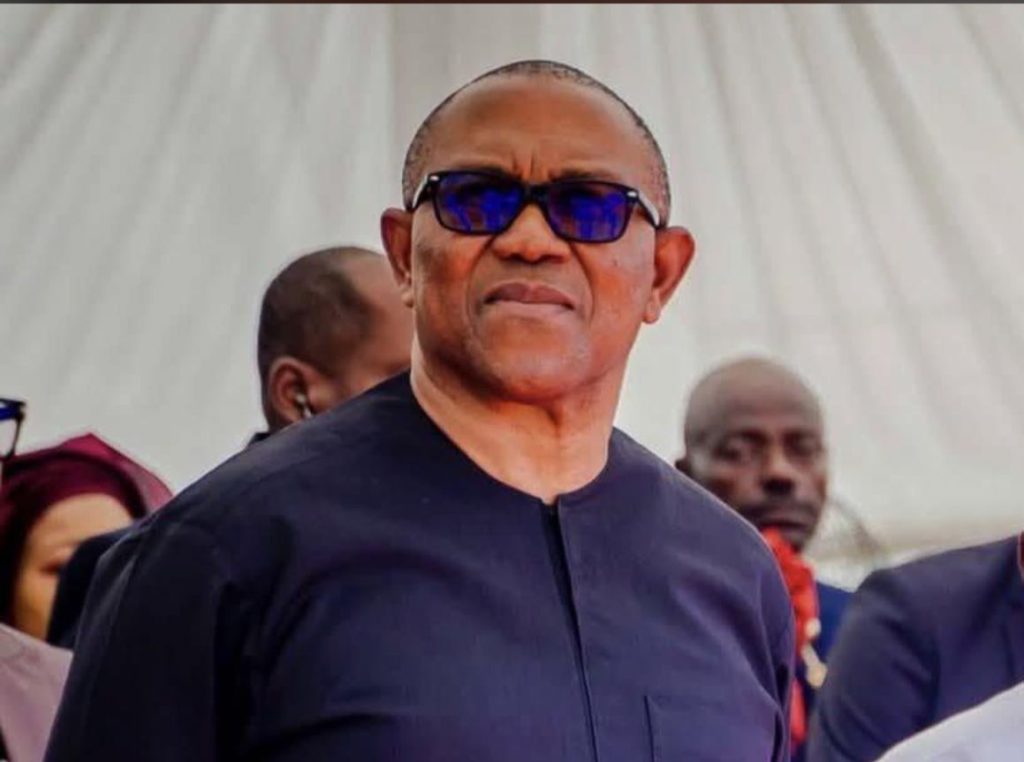The Obidient Movement has clarified its stance on the African Democratic Congress’s (ADC) ultimatum to Peter Obi, the former Labour Party presidential candidate. According to the movement’s national coordinator, Yunusa Tanko, Obi will engage in extensive consultations before making a decision on officially joining the ADC.
The ADC had recently issued a resolution requiring all members of the coalition to resign from their parties and formally join the ADC. In response, Tanko stated that the Obidient Movement remains committed to the coalition’s vision and acknowledges the adoption of the ADC as the coalition platform. However, he expressed concern over the sudden alteration of the resolution midway into the agreement.
Tanko noted that Peter Obi had publicly aligned with the coalition’s position after the Anambra State Governorship Election, with the intention of extending this alliance to the 2027 General Elections. As a leader with a broad constituency, Obi has consistently taken the time to consult widely before making major political decisions. The movement emphasized that Obi will follow the same process before responding to the ADC’s ultimatum.
The Obidient Movement’s position highlights the complexity of coalition politics in Nigeria. The ADC’s resolution has sparked debate about the future of the coalition and the role of key stakeholders like Peter Obi. As the situation unfolds, it remains to be seen how Obi’s decision will impact the coalition and the broader political landscape in Nigeria.
The development comes at a critical time in Nigerian politics, with the 2027 General Elections approaching. The outcome of Obi’s decision-making process is likely to have significant implications for the coalition and the ADC. As the Obidient Movement and the ADC navigate this critical juncture, the focus will be on the next steps and the potential consequences of Obi’s eventual decision.
